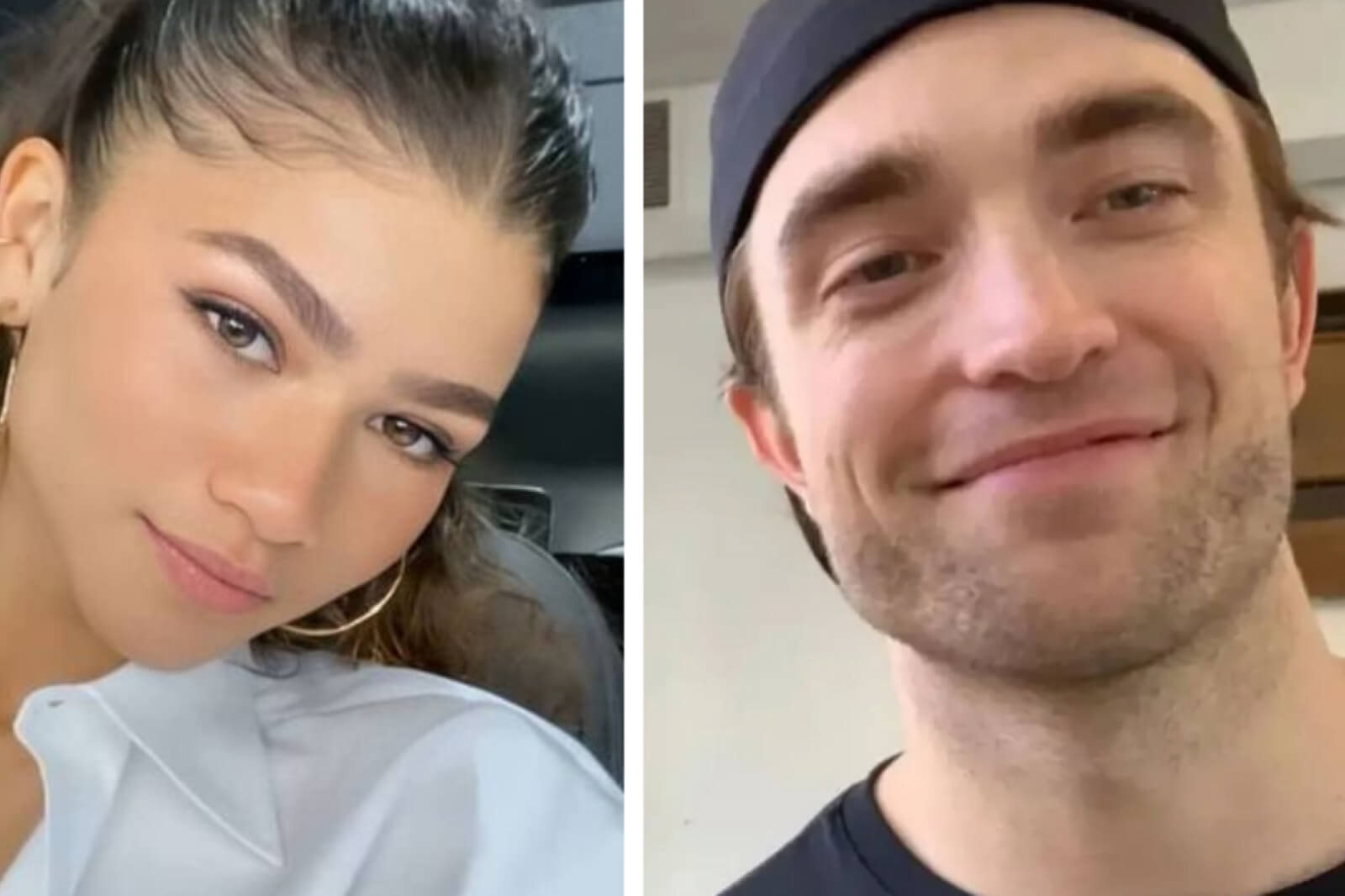When record producer Jermaine Dupri name-dropped Cardi B in a tirade against female rappers, Cardi addressed his comments in a series of Instagram Live videos.
Dupri had criticised her and some of her peers, calling them “strippers rapping,” and in the videos, Cardi B defended her work and former profession as expected.
But she also did more. While she defended her propensity for explicit content, she also implied that she only spends so much time talking about her genitalia because…it pays. With this admission, she was touching on a complicated double standard that has plagued women in the music industry for a long time.
Cardi B vs. Jermaine Dupri
When asked how he felt about contemporary rap stars like Cardi B, Nicki Minaj, and Megan Thee Stallion, Jermaine Dupri said, “I can’t really say. I feel they’re all rapping about the same thing. I don’t think they’re showing us who’s the best rapper. For me, it’s like strippers rapping and as far as rap goes I’m not getting who’s the best.” He added that he feels that at some point, female rappers are going to have to “talk about other things.”
In her Instagram video response, Cardi said, “Okay guys I have seen a lot of people saying nowadays female rappers only talk about their p— and now that Jermaine Dupri brought it up I’m going to say something,” she said. “First of all, I rap about my p— because she’s my best friend and second of all it’s because it seems like that’s what people want to hear,” she said. “When I did ‘Be Careful‘ people was talking mad s— in the beginning like ‘What the f— is this?’ ‘This is not what I was expecting.'”
“Be Careful” is one of Cardi B’s songs that’s about heartbreak, not sex. She clarified in the video that if her audiences wanted more content that wasn’t sexual, she’d provide. “It’s like if that’s what people ain’t trying to hear then I’m going to start rapping about my p— again,” she said, adding that there are a lot of “female rappers who rap their asses off who don’t talk about their p— and y’all don’t support them. So don’t blame that on us when y’all not the ones who are supporting them,” she finished.
Basically, Cardi just said that she raps about sex so much because that’s what sells.
Exploitation Designed as Feminism
In the music industry, there’s an incredibly thin line between feminist pride and sexist objectification. Cardi’s always toed that line, successfully pushing boundaries and building a cult of controversy around her.
In the past, female rappers and musicians who sang about sex and performed in a sexually provocative fashion were heavily criticized by feminists, seen as products of a music industry that profitted off selling women’s bodies. This fad was partly the product of second-wave feminism, which railed against any and all stereotypes that seemed demeaning to women.
As feminism advanced, however, it became apparent that criticising women for their own choices was antithetical to women’s liberation on the whole. This kind of criticism soon became known as slut-shaming; and since that theme’s caught on, women who perform their hypersexuality of their own volition become celebrated and accepted.
To most, Cardi B fits into the camp of women who perform and own their aggressive sexualities. Therefore, she must be a feminist icon (even if a problematic one), right?
As her Instagram Live comments inadvertently reveal, Cardi B’s decision to make hypersexuality a part of her image is not, actually, entirely her choice. Instead, it was dictated by the desires of consumers, revealing that once again, sex sells. Just like that, we’re back to where we started so long ago: in a world where women perform their sexuality not because they want to, but because it makes money.
The writer Ariel Levy describes the roundabout way that exhibitionist sexuality disguised as feminism can quickly become nothing more than the very exploitation that feminism set out to destroy. This raunch culture, as she calls it, involves “[w]omen imagining that hotness of one particularly commercial mold is the highest achievement of womankind. Which,” she concludes, “is essentially the perspective that people who we used to call male chauvinist pigs had.” In essence, she’s implying that when women feel pressured to perform their hypersexuality to express their autonomy or confidence, it’s no better than men forcing them to do it.
The Madonna-Whore Dichotomy Returns
Hypersexuality is one of two main marketing platforms for female musicians. The other alternative is that of the Madonna—the virginal, pure, or motherly character who cloaks her sexuality and is therefore lovable. The whore, on the other hand, is f*ckable but not lovable. This is the textbook definition of the Madonna-Whore complex, an old binary that Sigmund Freud coined in order to explain why men feel like they can sleep with some women and fall in love with others, but not both.
Sometimes, the whore construct can be interchangeable with the tomboy archetype. Tomboy rappers like Roxanne Shanté and Salt-N-Pepa managed to escape sexual objectification by dressing and acting boyish. The same might be said for Billie Eilish and Princess Nokia today, both of whom favor baggy clothes and aggressive personas. Regardless of how powerful these women may be, it doesn’t change the fact that they’ve built their careers around the patriarchy-built structure of the Madonna-whore complex.
And this complex has been especially hard for black women to shake off. In Western mythology and literature, black women have traditionally been equated with hypersexuality; and studies have shown that overall, black women are more sexually objectified than white women in today’s world. Known as the Jezebel stereotype, this view of black women as sex objects is an offshoot of the age-old tradition by which white people dehumanize other races in order to justify marginalizing or otherwise harming them. Therefore, black women have had little opportunity to perform the Madonna: they’re only palatable to white audiences when they comply with oversexualized stereotypes.
There are plenty of other examples of this dichotomy presenting itself in artists’ marketing strategies. The point is: the Madonna-Whore dichotomy is always, always destructive, because it locks women into archetypes, and ignores the fact that most women are both, not one or the other.
Divides that separate women into either virginal angels or whores defined exclusively by their sexualities erase women’s complexity and individuality. When female artists are criticized for being “strippers,” this is no better than when women are ignored because they don’t fulfill sexual fantasies or align with patriarchal, white/Western norms.
The ideal future for women in the music industry would be one where women can rap or sing about whatever they want to without judgment. Of course, in an industry driven by money, this might be difficult to achieve: But at least by becoming aware of the stereotypes that lock women into certain roles, we can make more of a conscious effort to support artists for being who they are, rather than criticizing them for conforming (or failing to conform) to rigid and flat-out stupid archetypes.
Still a Feminist
Cardi might be playing into the Madonna-Whore game, pandering to the desires and expectations of her fans, but she is still definively a feminist. Nothing shows this more clearly than the honesty she displayed in her Instagram Live videos.
In her first video, she clarified that she does love talking about her sexuality and her anatomy—while also declaring that they don’t define her. She has other sides and angles; she’s just not choosing to highlight them. Her main priority is making money, something she’s always been straight-up about. Capitalism’s incompatibility with feminism aside, she can’t exactly be blamed for wanting success.
Her second Instagram response to Dupri also embodies the best of feminism, because she didn’t simply defend her own image. She used her platform to uplift other female artists who she believes are deserving of more recognition. Citing rappers like Tierra Whack, Oranicuhh, and Kamiyah, she implored listeners to pay more attention to female rappers whose work doesn’t revolve around their sexualities. “I feel we need to put these girls in more magazines and blogs. Radio DJs play these girls,” she stated.
Tierra Whack – Whack World (Official Video)www.youtube.com
Cardi B didn’t just walk the line between objectification and liberation with these videos. She annihilated it, reclaiming both as her own. Still, she’s not a perfect feminist; because this doesn’t change the fact that she’s clearly using her sexuality to make a profit, possibly against her own true desires.
In the end, though, no one woman can be the perfect feminist. No woman should be expected to be one, either—because no woman is just one thing.
So, in conclusion, we shouldn’t be judging Cardi B for choosing to perform her sexuality because it sells. However, we should be aware of the stereotypes that profit off the marginalization and division of women. We should, as Cardi B said, make an effort to listen to women of color who sing about things other than sexuality. We should question the roots of why we feel adoration or dislike for certain performers, and we should make an effort to judge women for things other than their appearance. We should question marketing platforms and overarching capitalist structures that make profit by dividing women into Madonnas or whores, while not demonizing individual women for personifying these archetypes.
So much of our tastes are collectively shaped by old stereotypes rooted in patriarchy, capitalism, or whiteness, to name a few of the categories that control a great deal of our world. Though we may never be able to totally escape these stereotypes, by slowly becoming aware of them—and by listening to women when they say we need to view women as whole human beings, not just body parts—we can start moving away from their stranglehold.
- Eden Ariel’s “Altars” Is an Ethereal Joyride Through New York City – Popdust ›
- Megan Thee Stallion Is The Eco-Friendly Hottie The Gen-Z Kids Love – Popdust ›
- Twitter Reacts to Megan Thee Stallion Dating G-Eazy – Popdust ›
- Cardi B’s Political Aspirations Should Be Taken Way More Seriously – Popdust ›
- “Hustlers” Could Be the Best Movie of the Summer – Popdust ›
- Cardi B Responds to Criticism Over Sexual Lyrics | Rap-Up ›
- Cardi B says she used to drug and rob men. Her image will probably … ›
- Cardi B Urges Fans to Support Female MCs Who Don’t Rap About Sex ›
- Cardi B Responds to Jermaine Dupri Calling Female Artists … ›
- Cardi B’s Response To Jermaine Dupri’s Criticism Of Female Rappers ›
- Cardi B Responds To Jermaine Dupri’s “Strippers Rapping” Comment ›
- Cardi B Gets NSFW in Clapback at Jermaine Dupri for ‘Stripper … ›
- Jermaine Dupri Says Today’s Female Rappers Are All Like Strippers … ›
- Cardi B Responds to Jermaine Dupri’s Comments on Female … ›
- Cardi B Reacts To Jermaine Dupri Critiquing Female Rappers | Vibe ›
- Cardi B Responds to Jermaine Dupri’s ‘Strippers Rapping’ Comments ›
- Cardi B Hits Back At Jermaine Dupri For Slamming “Strippers … ›
- Cardi B Claps Back at Jermaine Dupri Shading Today’s Female … ›













